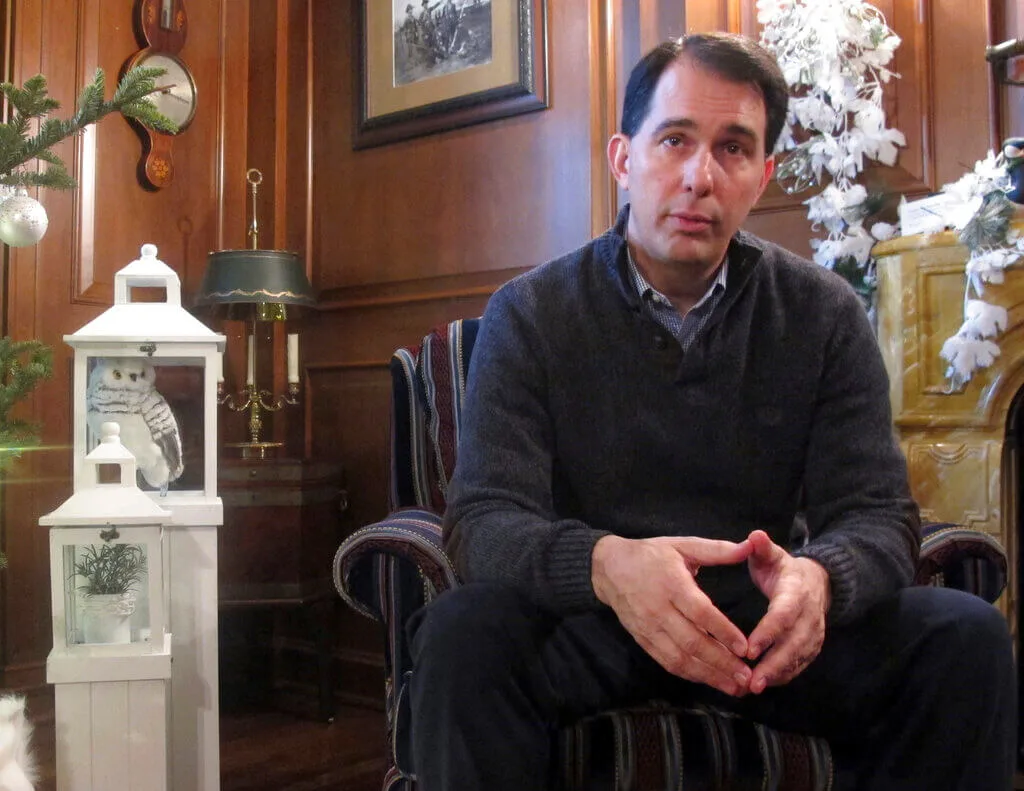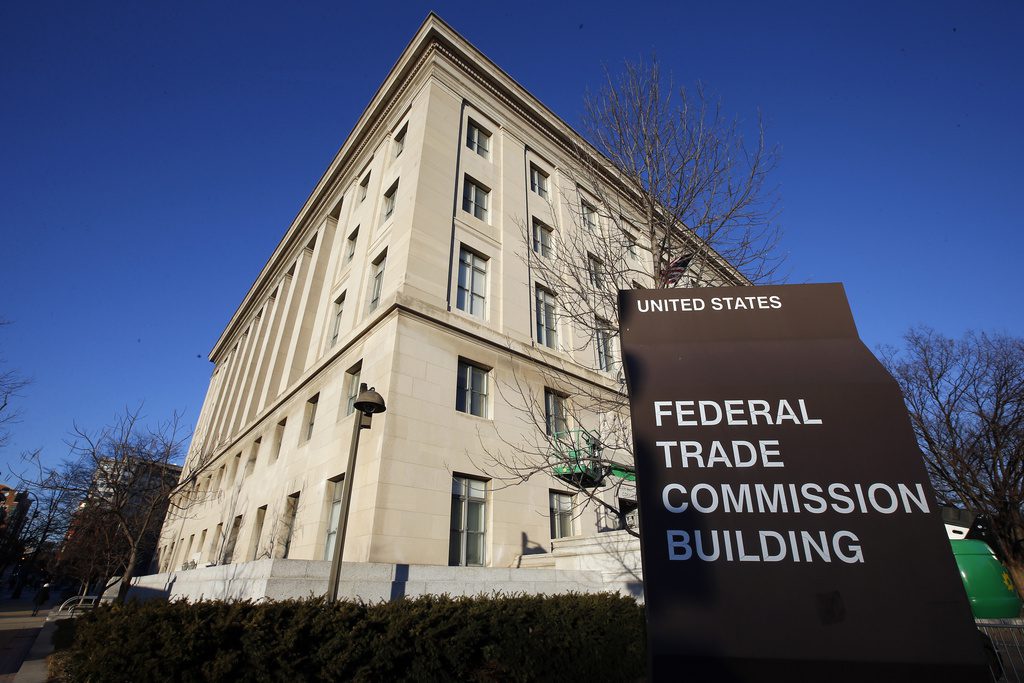
#image_title
#image_title
The one-time face of the state’s Republican Party emerged last week to once again propose eliminating the state’s income tax, and increasing the state’s sales tax.
Former Gov. Scott Walker last week floated the idea of eliminating the state’s income tax and replacing the revenue by increasing the state’s sales tax to 8% from its current 5.5%—a policy that would cut taxes for high earners and dump most of the tax burden on lower-income people.
“While we don’t (yet!) have specific numbers on the effect of the new proposal, the change in tax mix proposed would further skew our tax system to favor the wealthy who have rigged the system for their own benefit,” Tamaraine Cornelius, director of the Wisconsin Budget Project, tweeted.
A similar 2013 proposal from Walker would have required the state to raise sales taxes to 13.5% in order to make up for the income lost from the income tax elimination. A Wisconsin Budget Project analysis of the previous proposal found that the state’s top 1%, earning around $1 million, would have saved the most under the plan: Around $44,000 per year. The second 20%, earning $29,000 (average income then was around $30,000) would have ended up paying the most with an increased tax burden of $1,045.
The newest proposal being touted has only an 8% sales tax, but Cornelius said that would not be enough to make up for the lost revenue. UW-Madison economist Noah Williams estimated the state would lose $3.5 billion dollars, which Cornelius pointed out is “a huge amount that would make it harder to support public services that are critical to families and communities.”
RELATED: Johnson, Walker Push Hydroxychloroquine Despite No Evidence of Its Effectiveness to Treat COVID
She also said the loss would probably be much higher. Williams calculated that amount using a “dynamic” approach “where he assumes that the economy will grow more because of the tax change and that would reduce the revenue loss from what it otherwise would be.”
“It is possible to include a lot of questionable assumptions when you take a so-called ‘dynamic’ approach to estimating revenue loss,” Cornelius said.
Cornelius’ estimate is closer to $6 billion in lost revenue. The Wisconsin Budget Project plans to have a full analysis ready next month.
The Kansas Experiment
The conservative organizations promoting this move seem to have forgotten why the idea was walked back in the first place.
Walker first said he envied states that had no income tax shortly after a plan to remove the income tax—later nicknamed the “Kansas Experiment”—sailed through the Republican Kansas legislature and was signed by then-Gov. Sam Brownback. Then year after year, the state faced revenue shortfalls in the hundreds of millions of dollars. To fill the gap, the state made significant cuts to public education, the state’s highway fund, and more. From 2010 to 2018 an estimated $2 billion was diverted from the highway repair fund. Public education would have seen more cuts if the state supreme court hadn’t ruled the lack of funding was unconstitutional.
In 2014, the state’s bond rating was downgraded, which Brownback blamed on then-President Barack Obama, even though the rating agency explicitly stated it was because the state’s budget was “not structurally aligned.”
The jobs, new businesses and growth that the plan was supposed to produce never materialized. Instead it is part of a growing body of evidence that supply-side economics, also known as “trickle-down theory,” which purports that cutting taxes stimulates growth, does not work.
Many prominent Republicans moved away from complete income tax elimination after seeing the disastrous impact it had on the state of Kansas. Walker instead finagled the tax system so that, while income tax was cut across the board, 140,000 lower-income Wisconsinites actually ended up paying more.
In 2017, the state of Kansas reversed course and reinstated the income tax.
Politics

Biden administration bans noncompete clauses for workers
The Federal Trade Commission (FTC) voted on Tuesday to ban noncompete agreements—those pesky clauses that employers often force their workers to...

Opinion: Trump, GOP fail January 6 truth test
In this op-ed, Milwaukee resident Terry Hansen reflects on the events that took place on January 6, the response from Trump and other GOP members,...
Local News

Readers Poll: Top Bowling Alleys in Wisconsin
Looking for the best bowling in Wisconsin? Look no further! Our readers have spoken in our recent poll, and we have the inside scoop on the top...

8 Wisconsin restaurants Top Chef judges are raving about
Top Chef’s 21st season is all about Wisconsin, and on-screen, it’s already apparent that the judges feel right at home here. But, while filming in...



